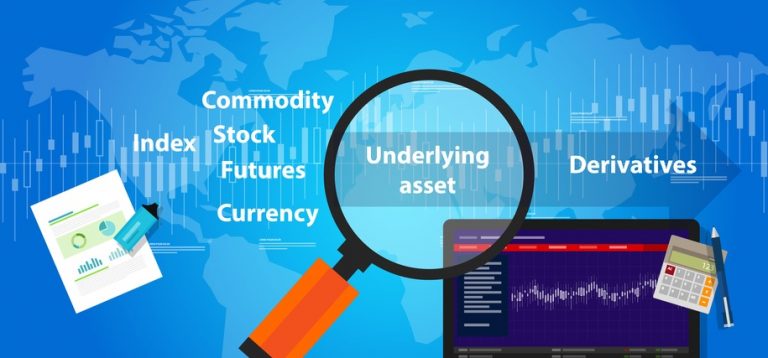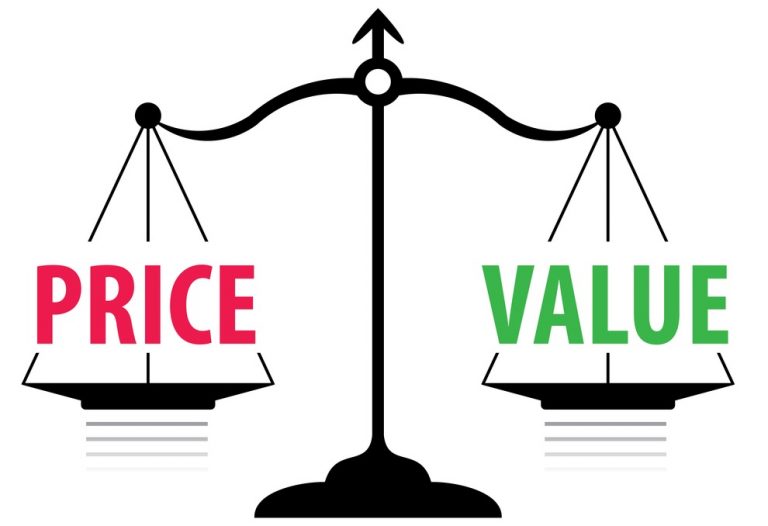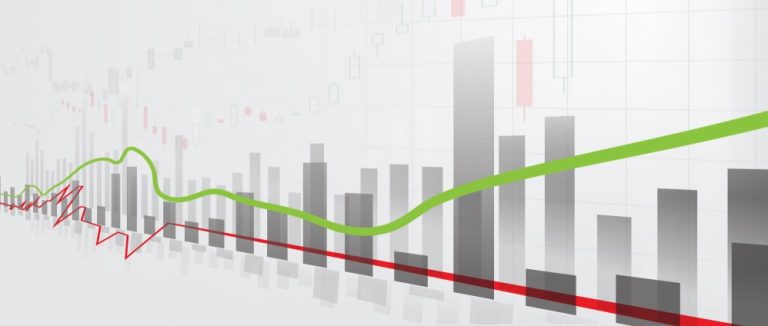
Contracts for difference have a number of key advantages over other trading products, and as an instrument CFDs are increasingly becoming the tool of choice for professional traders. Traded off-exchange through a broker, CFDs are naturally leveraged products, and benefit from favourable regulatory and tax treatment to give a significant leg up over competing products.
CFDs Offer Leverage
Perhaps the most immediately obvious advantage of CFDs is that they are margined products, providing an in-built leverage component to maximise earnings. In laymen’s terms, this means you can invest more heavily than your balance allows, borrowing the remainder on a short-term basis from the broker (with all applicable interest).
Essentially, this makes it possible to invest 10, 50, 100, 200 times more than your available resources, reaping the accrued profits from movements in your favour – ultimately helping you to earn more from your CFDs over a shorter period of time, and without the same personal exposure as with other trading instruments. Of course, interest is payable on the margin as with any other form of finance, but the facility nonetheless provides a cost effective way to gear up your trading performance.
CFDs Offer Preferential Tax Treatment
In addition to this in-built ability to leverage positions, CFDs also come with the added bonus of a more favourable tax treatment in the UK. Unlike trading in shares, contracts for difference attract no stamp duty tax liability, saving potentially considerable amounts on the cost of the transaction. Unfortunately, CFDs do attract capital gains tax as with other instruments, although these are exempt from tax up to the annual CGT exemption amount, which is at present roughly $10,000 per person.
Furthermore, CFDs have no expiry date or enforced execution date. This means the only thing prohibiting vastly long term positions is the costs of financing, and provided on the rate of growth in the value of the CFDs you hold, it may prove lucrative to hold on to positions over the longer term and absorb the associated costs in order to reap a much more significant profit down the line.
Contracts For Difference Offer a Wide Range of Options
For more serious, professional traders, CFDs also provide an added layer of flexibility that provides an excellent hedge against losses and can factor in as part of a successful trading strategy. Because CFDs lock in a set price point, whether long or short, on a margined basis, traders can devise paired position to offset each other, with a view to profiting on whichever direction the market happens to move. Hedge funds in particular, as the name would imply, use hedging strategies as par for the course, and likewise a wealth of private traders use CFDs to act as their hedge against unexpected market movements.
Another often overlooked advantage that CFDs have, stemming from the fact they are taxable to CGT in times of profit, is that losses can be rolled over to be offset against capital gains made in future years. Essentially, that means any losses incurred in your early trading days can be applied against future profits, along with your annual exemption amount, to reduce the portion of your gains on which you have to pay income. Added to that the lack of applicable stamp duty, and CFDs start to appear to have more of an edge about them as far as taxation is concerned.
CFDs aren’t yet widely traded by individual, private CFD traders, as a result of a widespread ignorance as to what they are, how they work and the benefits they can bring. Luckily, the markets are becoming increasingly more familiar with CFDs as time goes on, and an ever-growing number of traders are turning their attention to CFDs as part of a wider, diverse trading strategy.






